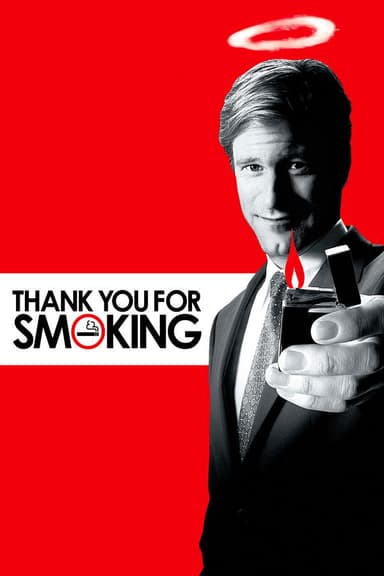
The Ax
2005 • Comedy, Crime, Drama, Thriller
Bruno is a former paper mill worker who has been unemployed for three years. Concluding that there is too much competition in his line of work, he decides to eliminate his competition permanently.
Runtime: 2h 2m
Why you should read the novel
Before you watch the film, experience Donald E. Westlake’s The Ax, the razor-sharp crime novel that inspired it. This gripping book delivers a chilling first-person plunge into corporate layoffs, job-hunting despair, and the terrifying logic of a man who decides to eliminate his competition.
Westlake’s novel offers unmatched psychological depth, dark humor, and social satire that a screen adaptation can only hint at. You’ll live inside the protagonist’s calculating mind, feel each moral compromise, and witness a master class in suspense built from voice, irony, and detail.
If you love intelligent noir, satirical thrillers, and character-driven suspense, read The Ax. It’s a landmark Donald E. Westlake book whose tense storytelling and moral bite make the novel the definitive way to experience this story.
Adaptation differences
The Ax (2005), released as Le Couperet, adapts Donald E. Westlake’s novel but relocates the story from the United States to a contemporary European setting, changing names and cultural context. Burke Devore becomes Bruno Davert, and the paper-industry backdrop is reframed through French/Belgian labor realities, giving the movie a distinctly European flavor while preserving the core premise.
One of the biggest differences is perspective. The book is a first-person narrative that traps you inside the protagonist’s chilling, rationalizing voice. The film, by necessity, externalizes much of this, reducing the stream of internal calculations and turning some of that interior monologue into action, dialogue, or visual shorthand. As a result, the novel provides more intimate access to motive, self-deception, and escalating moral collapse.
Tone and emphasis diverge as well. Westlake’s novel is a black-comic, satirical crime story that skewers corporate culture and personal ethics through a disturbingly calm narrator. Costa-Gavras leans harder into social and political critique, foregrounding unemployment, globalization, and systemic pressures. The movie often spotlights the job market’s machinery and institutional indifference more overtly than the book.
Structural choices also differ. The film condenses and rearranges episodes from the novel, streamlining investigations and altering the rhythm, number, or order of confrontations for cinematic momentum. Family dynamics receive more on-screen attention, while the book remains largely a solitary, interior descent. Finally, the adaptation’s concluding notes are more explicitly cautionary, whereas the novel’s ending lands with an unnerving, matter-of-fact chill that leaves readers to grapple with its moral implications.
The Ax inspired from
The Ax
by Donald E. Westlake
















